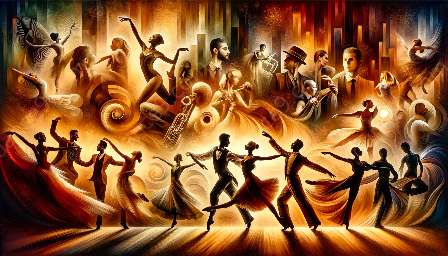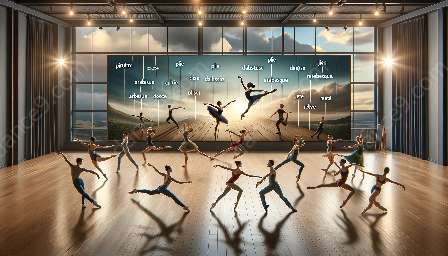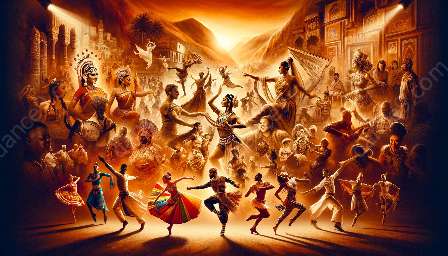Dance education encompasses a wide spectrum of ethical considerations that shape the interaction between instructors, students, and the art form itself. From respecting cultural traditions to fostering inclusivity, ethical teaching practices in dance and movement are essential for creating a supportive and empowering learning environment. In this article, we delve into the core ethical considerations in dance education, exploring the impact of these principles on both the teaching process and the broader dance community.
The Importance of Cultural Respect
One of the fundamental ethical considerations in teaching dance and movement lies in the respectful representation and interpretation of diverse cultural traditions. Dance forms often have deep roots in specific cultures and communities, and educators must approach these art forms with understanding and sensitivity. It is crucial to avoid appropriation and misrepresentation, while actively engaging with the cultural origins of the dance styles being taught. By incorporating cultural context and history into the curriculum, instructors can foster a deeper appreciation for the art form and promote cultural respect among students.
Inclusivity and Accessibility
Creating an inclusive learning environment is another ethical imperative in dance education. Instructors should strive to embrace students of all backgrounds, abilities, and body types, ensuring that dance classes are accessible and welcoming for everyone. This involves implementing adaptable teaching methods, providing accommodations for students with disabilities, and celebrating the diversity of the dance community. By promoting inclusivity, dance educators can empower their students to express themselves authentically and build a strong sense of belonging within the dance space.
Physical and Emotional Safety
Ensuring the safety and well-being of students, both physically and emotionally, is a core ethical consideration for dance educators. Physical safety encompasses creating a secure environment for movement practice, with an emphasis on injury prevention and proper technique. Moreover, instructors should be attentive to the emotional well-being of their students, cultivating a supportive atmosphere that encourages open communication and addresses any mental or emotional challenges that may arise during the learning process.
Professional Integrity and Responsibility
Professional ethics play a significant role in shaping the conduct of dance educators. Upholding integrity and accountability in their interactions with students, colleagues, and the dance community at large is essential. This involves transparent communication, ethical decision-making, and maintaining professional boundaries. Additionally, instructors should prioritize fair and equitable treatment for all individuals, promoting ethical standards that foster trust and respect within the dance education sphere.
The Advanced Impact of Ethical Dance Education
By integrating ethical considerations into the fabric of dance education, educators contribute to the broader advancement of dance artistry and scholarship. Ethical teaching practices not only nurture a generation of responsible and culturally aware dancers but also influence the evolution of dance as a thriving and inclusive art form. Students who experience ethical dance education are empowered to become advocates for respectful and inclusive dance practices, shaping the future of the dance community with their positive and conscientious approach.
Conclusion
In conclusion, ethical considerations in teaching dance and movement are pivotal in shaping the learning experience and the overall impact of dance education. By prioritizing cultural respect, inclusivity, safety, and professional integrity, dance educators have the opportunity to cultivate an environment where students can flourish as both dancers and responsible members of the broader dance community. Ultimately, integrating ethical principles into dance education not only enhances the educational experience but also contributes to the enrichment and sustainability of the dance art form.











































